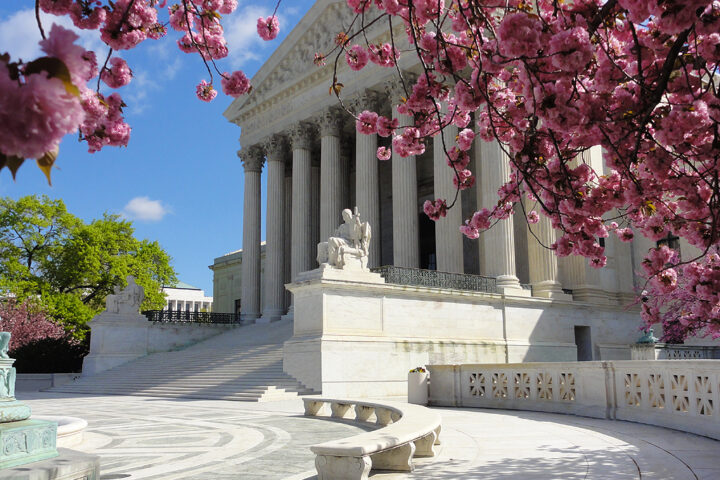The Department of Education reportedly announced on Wednesday that it is terminating discretionary funding for several grant programs aimed at Minority-Serving Institutions, arguing that the programs rely on unconstitutional racial and ethnic quotas.
The move, which affects roughly $350 million in expected funds, reflects the Trump administration’s broader effort to dismantle government programs it sees as embedding race-based preferences into federal law.
“Discrimination based upon race or ethnicity has no place in the United States,” said Education Secretary Linda McMahon. “To further our commitment to ending discrimination in all forms across federally supported programs, the Department will no longer award Minority-Serving Institution grants that discriminate by restricting eligibility to institutions that meet government-mandated racial quotas.”
McMahon framed the decision as part of a larger push to return federal education policy to principles of fairness and merit. “Diversity is not merely the presence of a skin color,” she said. “Stereotyping an individual based on immutable characteristics diminishes the full picture of that person’s life and contributions, including their character, resiliency, and merit.”
Instead of propping up institutions through what it views as quota-driven programs, the department said it would press Congress to “reenvision” the funding in a race-neutral way that addresses the needs of struggling students without regard to ethnicity.
“The Department looks forward to working with Congress to reenvision these programs to support institutions that serve underprepared or under-resourced students without relying on race quotas and will continue fighting to ensure that students are judged as individuals, not prejudged by their membership of a racial group,” McMahon said.
The administration did not announce where the $350 million in discretionary funds will ultimately be redirected.
But officials emphasized their intent to ensure the money continues to support education initiatives—just without the racial criteria. “The Department looks forward to working with Congress to reenvision these programs to support underprepared or under-resourced students without relying on race and ethnic quotas,” the press release read.
The Education Department also signaled that the scope of its review may expand beyond discretionary grants. Officials said they are examining “the underlying legal issues” with mandatory funding earmarked for institutions based on racial or ethnic designations, suggesting further reforms could be ahead.
The announcement is consistent with the administration’s stance on affirmative action and similar policies, which it argues have outlived their original purpose and now serve as tools of exclusion rather than inclusion.
By halting MSI discretionary funding, the White House is seeking to realign federal education dollars with a vision that prioritizes student merit and need over race.
Critics are likely to see the move as targeting institutions with long records of serving minority populations. But the administration insists its goal is equal treatment under the law. “We will continue fighting to ensure that students are judged as individuals,” McMahon said, “not prejudged by their membership of a racial group.”
The decision signals a sweeping change in how Washington may approach higher education policy—away from programs built on racial categories and toward what the administration describes as race-blind investment in America’s most vulnerable students.
[READ MORE: Comedy Central Pulls South Park Episode Satirizing Charlie Kirk After Conservative Leader’s Assassination]








